
The Aid Trap
Hard Truths About Ending Poverty
Read or listen offline
Recommendation
Prosperous nations today spend more than $100 billion annually on aid to developing countries. Still, according to the World Bank “1.4 billion people live on less than $1.25 per day.” Columbia University Business School academics R. Glenn Hubbard and William Duggan warn against funneling more money to corrupt governments and tinpot dictators for development projects that never materialize. Instead, they propose “a new Marshall Plan for the world’s poorest nations.” Like the original Marshall Plan that helped European countries rebuild their economies after World War II, the new program would focus on loans to help local businesses get off the ground. The authors thoroughly discuss where alternative plans have failed and are not shy about presenting the foreseeable obstacles and obvious downsides of their own plan. They explain in detail how to launch it, what institutions would be in charge and how they’d have to function. The authors even particularize the financing scheme by providing a detailed budget in the appendix. getAbstract recommends this vital, thoughtful, interesting proposal on how rich nations can help poor nations lift their people out of poverty.
Take-Aways
About the Authors
R. Glenn Hubbard is the dean of Columbia University’s Business School. From 2001 to 2003, he headed the Council of Economic Advisers. William Duggan, a senior lecturer in strategy at the school, has vast foreign-aid experience.









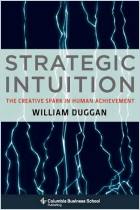
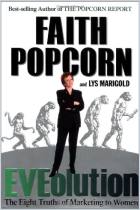
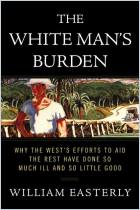
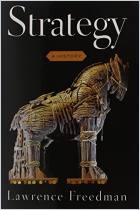

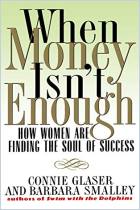
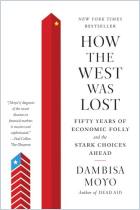



Comment on this summary or 开始讨论